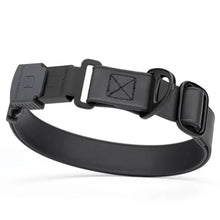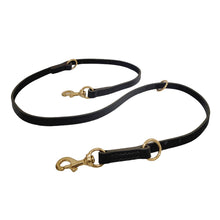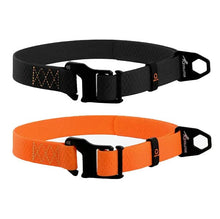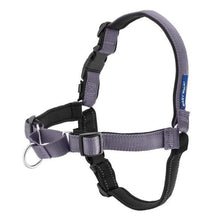How To Stop Puppy Biting And Mouthing

German shepherd’s are infamous for being mouthy and having needle sharp teeth. Despite the fact that play biting, or mouthing, is normal dog behavior and may be cute at 8 weeks, if not curbed, as the dog grows, it can become downright painful and a nuisance to get under control. When a puppy mouths or uses his teeth on his litter-mates and gets too rough, he’s corrected by the other puppies in his litter.
The correction is very simple-the puppy on the receiving end of the painful bite will yelp and stop paying with the offending puppy. After a beat or two, the play resumes but this lesson eventually teaches the pups how to control the intensity of their bites on each other. Controlling mouthing, along with house training, is usually one of the first lessons puppies learn and it takes time, consistency, and patience to get past this phase of life.
There are usually two types of dog owners, those that allow some play biting and those that allow none. Teaching a dog not to bite human skin is the purpose of this article and has many benefits to the dog and owner.
How to teach your dog to stop mouthing:
Very young puppies explore their worlds with their mouths and will need continuous training and reminders. When a young puppy bites hard, let out a loud yelp and allow your hand to go limp. That sends the message that the game is over for the moment. You can expect your puppy to resume play and each time he bites too hard, you will repeat the yelp to get his attention and praise the moment he stops biting. If this is not effective for the young puppy, when the puppy bites hard, yelp and when he lets go remove your hand for 15 seconds. This will teach the puppy that rough play ends the fun but gentle play continues it. As the puppy grows, training him to stop biting skin can begin.
How to teach a puppy to stop biting skin:
- Substitute a chew toy when the puppy gets too rough or bites fingers and toes.
- When the puppies is overexcited and play bites when being handled or petted, feed treats or distract with a toy while you handle him.
- Encourage age appropriate play, chase the ball or tug rather than biting your hands.
- If the puppy bites your pant legs, shoes, ankles, and feet, offer a tug as an alternative. Carry the tug with you during puppy training or play times.
- Provide a variety of toys and textures for the puppy to explore.
- If possible, allow the puppy to play with other puppies or friendly dogs.
- As the puppy grows, if he bites our skin, continue to yelp and stop the play. As he matures, you can also turn your back on the puppy to stop play.
- Never entice your puppy to bite by smacking his face or waving your fingers in front of him.
- Never use your hand as a tug toy or allow him to pull on your body parts.
- Don’t smack his nose, hit, shake, yell, stick your fingers down his throat or other punishments that may cause aggression, instill fear, or make him cautious of being handled.
Your goal is to startle your dog so he stops playing and mouthing for 10 to 20 seconds. Once your dog has learned to control his bite pressure the next step is to teach him to stop mouthing completely. Keep plenty of toys handy and play games with your dog, like tug of war, don’t play any games where you’ll be wrestling or using your hands directly on your dog.
When your dog gently mouths you, begin yelping and redirecting him to a chew toy whenever he touches your skin. If he continues to put his mouth on your skin then yelp and walk away from him for 30 to 60 seconds. Continue playing games and redirecting him with toys until he stops mouthing.
If your dog is still mouthing you after you've tried all of these training options then you may want to try redirecting him by putting dog repellent sprays or bad tasting mouth wash on your hands. These products taste unpleasant and your dog won’t like the sensation they have in his mouth. If you don’t want to try this idea then it may be time for you to get a Certified Professional Dog Trainer to help you and your dog.
The last thing you want to happen is to frustrate your dog and have him become aggressive or fearful of you.






















